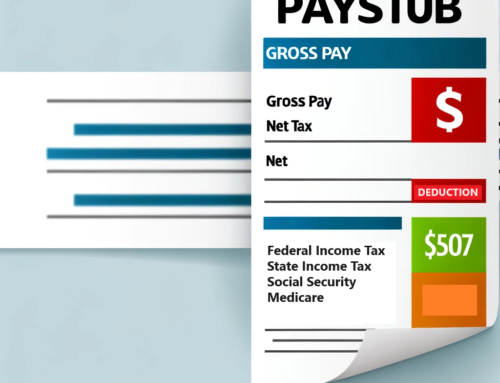Tax credits and deductions can mean more money in a taxpayer’s pocket. Most people only think about this when they file their tax return. However, thinking about it now can help make filing easier next year.
This tip is one in a series about tax planning. These tips focus on steps taxpayers can take now to help them down the road.
Taxpayers should be prepared to claim tax credits and deductions. So, here are a few facts about credits and deductions that can help a taxpayer with their year-round tax planning:
- Taxable income is what’s left over after someone subtracts any eligible deductions from their adjusted gross income. This includes the standard deduction. In fact, most individual taxpayers take the standard deduction. On the other hand, some taxpayers may choose to itemize their deductions because it could lower their AGI even more.
- The Tax Cuts and Jobs Act made changes to itemized deductions. Many individuals who formerly itemized may find it more beneficial to take the standard deduction.
- As a general rule, if a taxpayer’s itemized deductions are larger than their standard deduction, they should itemize. Also, in some cases, taxpayers may even be required to itemize.
- Taxpayers can use the Interactive Tax Assistant to see what expenses they may be able to itemize.
- Taxpayers can subtract tax credits from the total amount of tax they owe. To claim a credit, taxpayers should keep records that show their eligibility for it.
- Here are a few examples of taxpayers who can benefit from certain credits:
- Parents may qualify for credits like the child tax credit and child and dependent care credit.
- Families with students may qualify for the American opportunity credit or lifetime learning credit.
- Low to moderate income taxpayers may qualify for the earned income tax credit.
- Properly claiming these tax credits can reduce taxes owed and boost refunds. Taxpayers can check now see if they qualify to claim it next year on their tax return. Some tax credits, like the EITC, are even refundable, which means a taxpayer can get money refunded to them even if they don’t owe any taxes.
Source: IRS.gov
Set your tax planning meeting with AFSG today ! Click here for our schedule.



